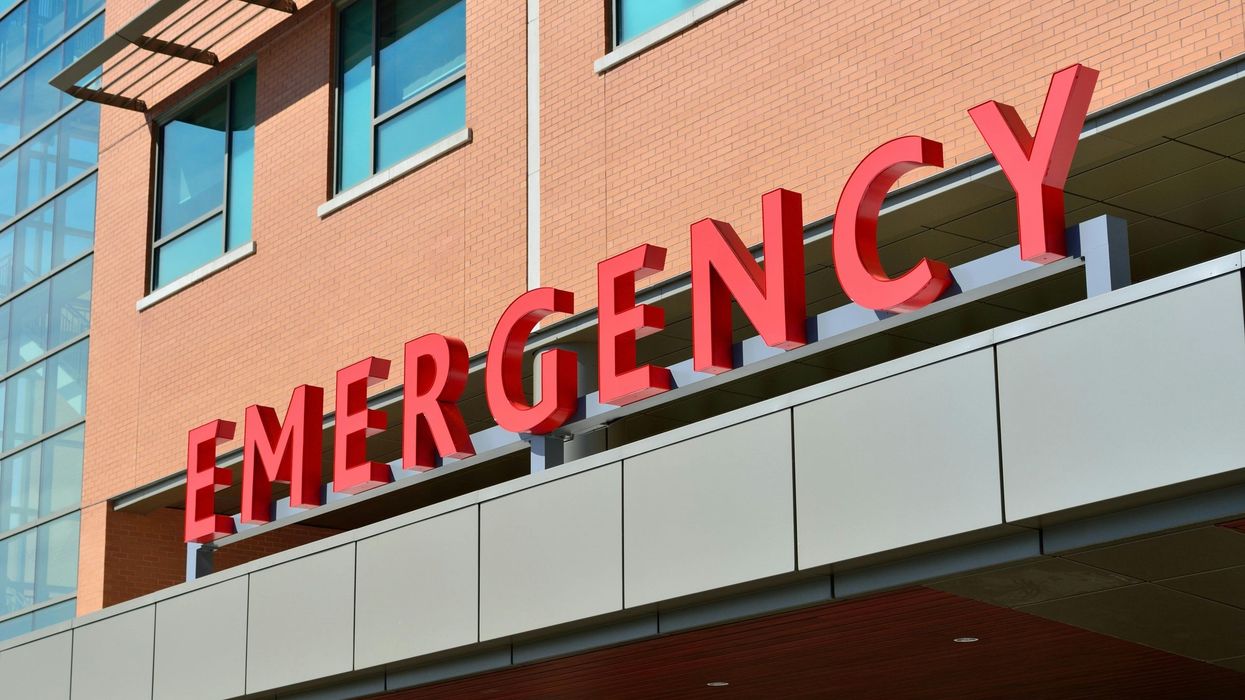More than a thousand patients treated and discharged on the same day under urgent care at NHS hospitals
In a significant move aimed at improving patient care and alleviating hospital pressures, the National Health Services (NHS) has expanded its same day emergency care services across the UK.
This has resulted in thousands more individuals receiving rapid tests and treatment, effectively avoiding overnight hospital stays.
Recent data paints a promising picture, revealing an 11 per cent increase in the number of patients discharged on the same day they were admitted as emergencies.
This advancement translates to several patients receiving urgent care within hours, subsequently freeing up beds for others in need.
Over the past year alone, an impressive 206,446 more patients have been discharged on the same day, amounting to 2,024,129 individuals in the year leading up to January 2024, compared to 1,817,683 in the preceding year.
The successful rollout of same day emergency care to every hospital in England has played a pivotal role in easing bed congestion and reducing hospital admissions by up to 30 per cent in certain NHS Trusts.
This figure comes amidst a recent report by the Liberal Democrats, that revealed that there was a significant increase in the number of patients waiting four weeks or more to see a GP in England last year, rising from 12.8 million in 2022 to 17.6 million.
Sarah-Jane Marsh, National Director of Urgent and Emergency Care, underscored the importance of timely diagnosis and treatment without the need for inpatient beds.
Health Minister Helen Whately echoed this sentiment, lauding the expansion and its significant impact on over 200,000 patients who received faster care and avoided overnight hospital stays.
“This supports the progress we have made through our urgent care recovery plan to cut A&E waits and ambulance response times so patients get the care they need, when and where they need it.”












